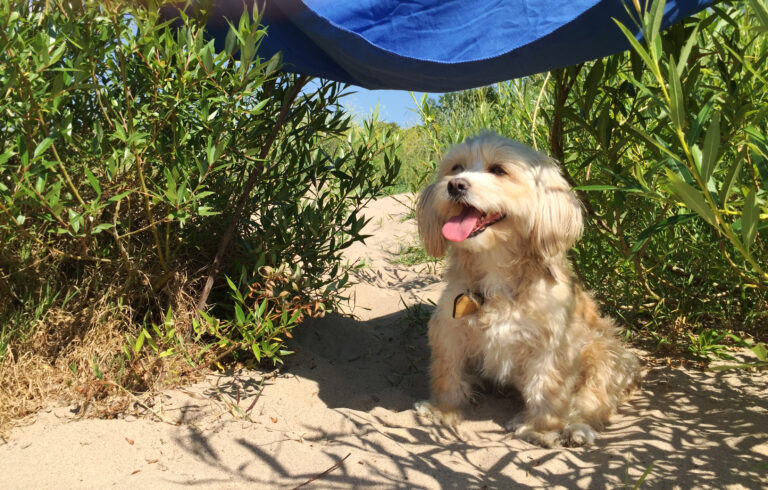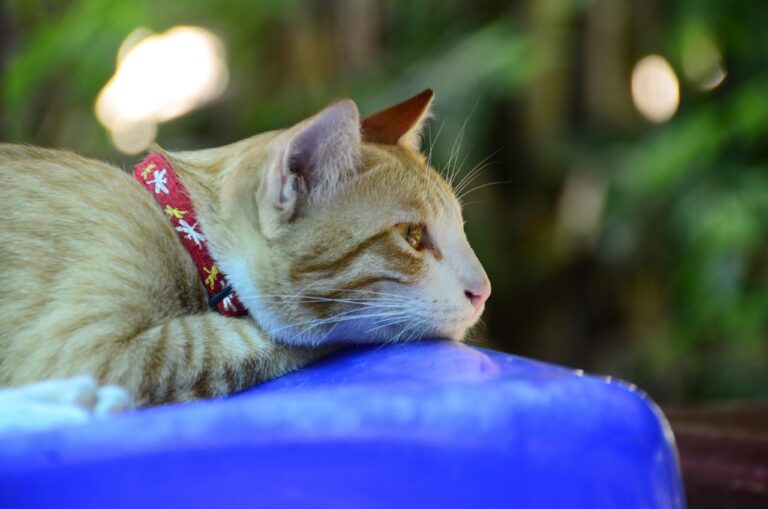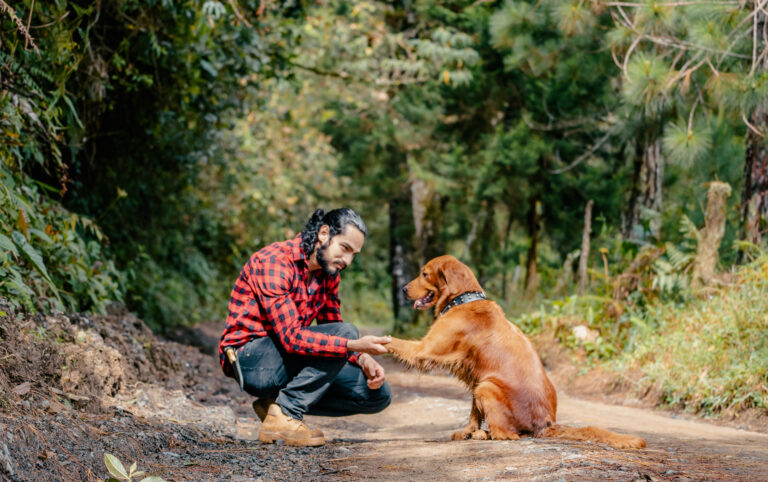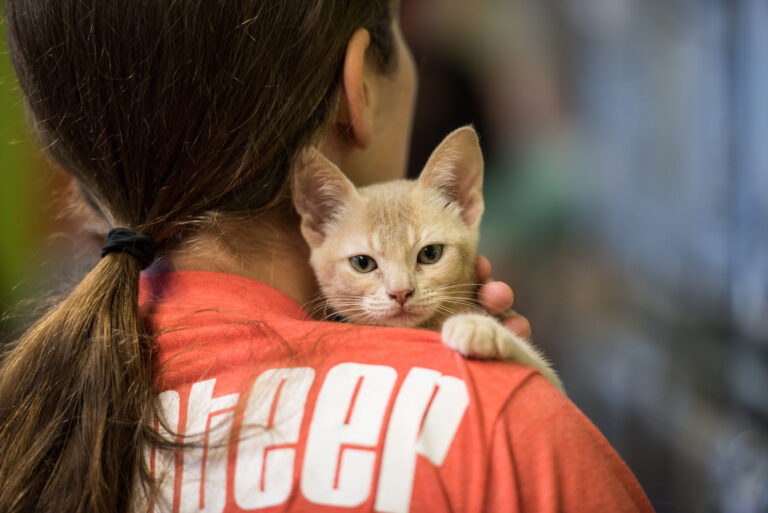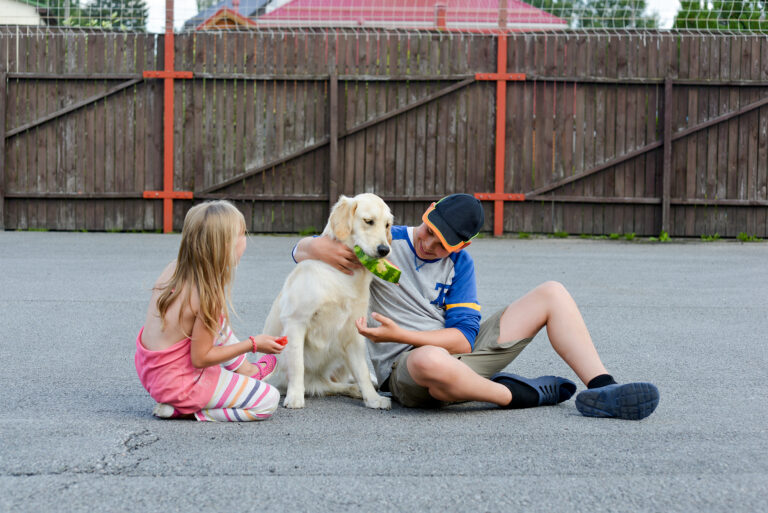The holiday season often brings changes in routine and increased travel, which can be stressful for pets prone to separation anxiety. Dogs and cats may exhibit signs of distress when separated from their owners, such as excessive barking, destructive behavior, or restlessness. Addressing pet separation anxiety is crucial to ensure both the pet and the owner enjoy the holidays without undue stress. Here are effective strategies to manage and alleviate separation anxiety in pets during this busy time.
Table of Contents
Maintain a Routine
Pets thrive on routine, and disruption can trigger anxiety. Try to keep your pet’s feeding, walking, and playtime schedule as consistent as possible during the holidays. A familiar routine provides a sense of security for your pet.
Gradual Desensitization to Separation
If you plan to be away more frequently during the holidays, gradually acclimate your pet to your absence. Start by leaving them alone for short periods and gradually increase the time you’re away. This helps your pet get used to being alone without feeling abandoned.
Create a Comfortable Space
Designate a comfortable area for your pet where they can feel secure when you’re not home. This could be a crate for dogs, outfitted with their favorite blanket and toys, or a cozy spot in the house for cats with access to a window or warm bedding.
Leave Calming Items
Provide items that have your scent, such as an unwashed piece of clothing. These can be comforting to your pet. Additionally, consider leaving a piece of clothing or bedding that they like to sleep on or play with.
Use Calming Aids
Calming aids such as pheromone diffusers, calming collars, or anxiety wraps can help soothe pets. For some pets, playing soft music or using white noise machines to mask outside noises can also be calming.
Provide Mental Stimulation
Leave interactive toys or puzzle feeders to keep your pet mentally stimulated while you’re away. This can reduce boredom and anxiety by keeping their mind occupied.
Consider a Pet Sitter or Daycare
If your pet struggles with severe anxiety, consider hiring a pet sitter or using a pet daycare service. This ensures they have companionship and are not left alone for extended periods.
Practice Departure Cues
Pets often become anxious at signs you’re about to leave, like picking up keys or putting on shoes. Desensitize your pet to these cues by performing them several times a day without leaving, to reduce the association between these actions and your departure.
Avoid Overly Emotional Goodbyes and Hellos
While it’s tempting to lavish your pet with affection before leaving and upon returning, this can actually heighten their anxiety. Keep departures and arrivals calm and low-key.
Consult with a Veterinarian
If your pet’s separation anxiety is severe, consult with a veterinarian. They can offer advice, recommend behaviorists, or in some cases, prescribe medication to help manage the anxiety.
In Conclusion
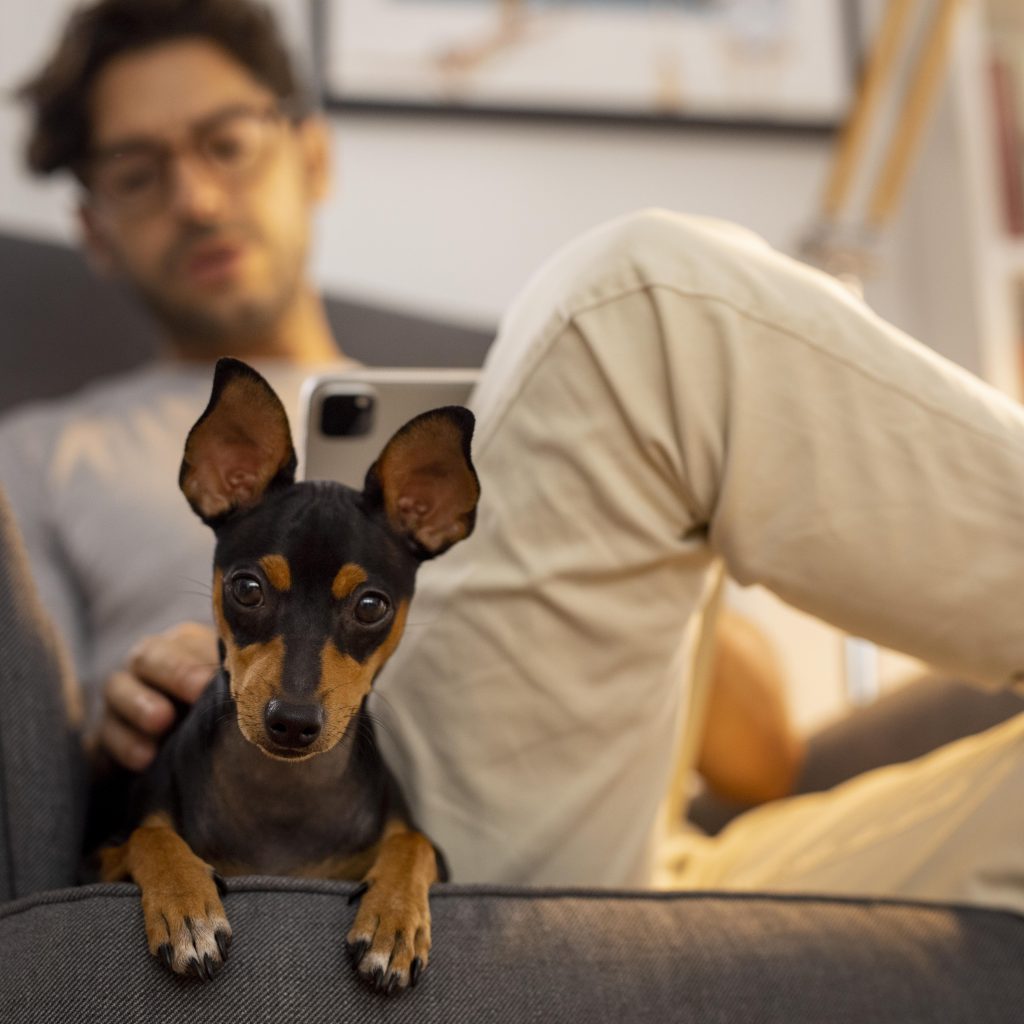
Dealing with pet separation anxiety during the holidays requires patience, understanding, and a consistent approach. By maintaining a routine, providing comfort and mental stimulation, and gradually acclimating your pet to being alone, you can help ease their anxiety. Remember, every pet is different, so tailor your approach to suit your pet’s needs and consult with professionals if needed. With the right strategies, you and your pet can have a stress-free holiday season.


